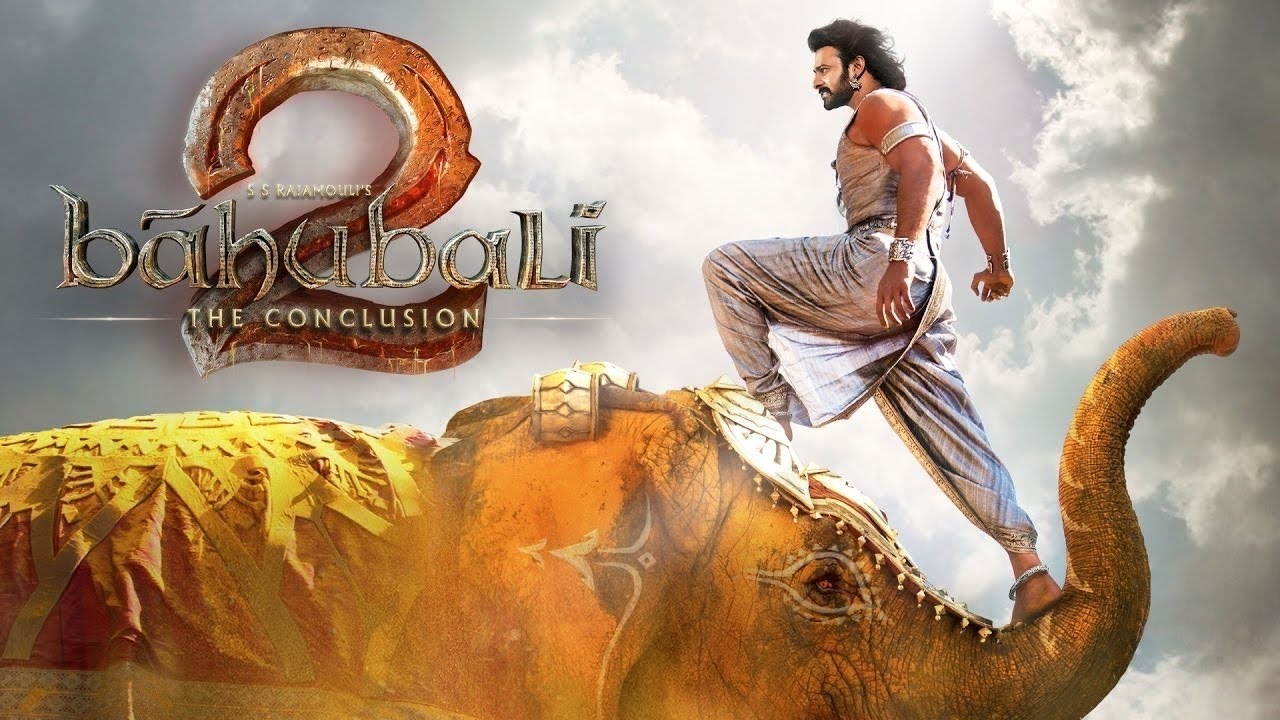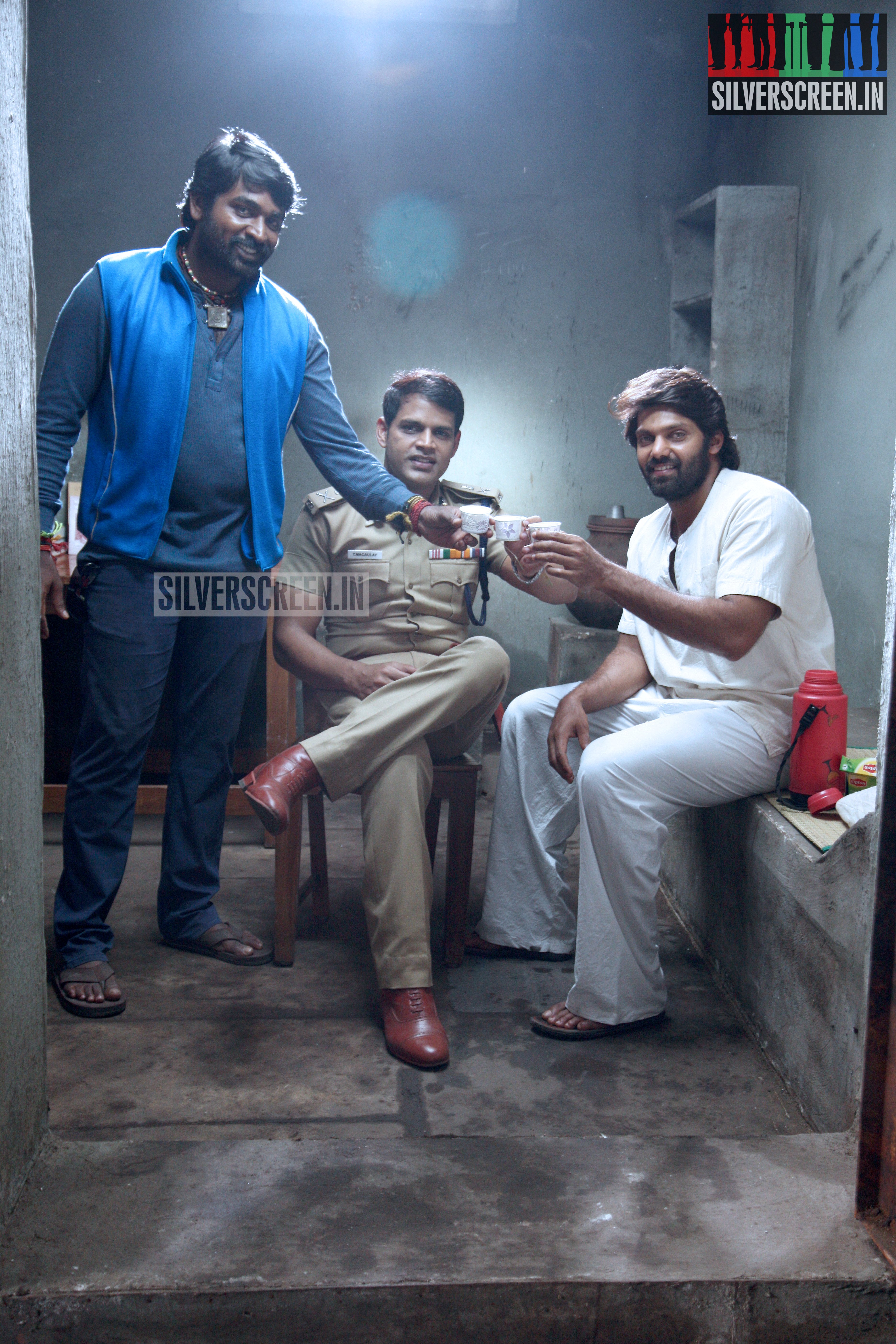One of the most reliably successful film formulas of all-time has an ordinary man pitted against the Big, Bad system. The system has pushed him to the edge, and with nothing to lose, he fights back. And wins. Tamil movies like Mudhalvan and Ko; and Bollywood’s Rang De Basanti have employed the trope effectively to portray (make-believe) political revolutions. Their success lay in making their audiences believe that these revolutions were plausible; in making them believe that the system had wronged them too; and in making them believe that they were part of the fight as a band of youth bring down a corrupt minister, or win an election, or a journalist becomes the chief minister for a day. Every person walking out of the theatre feels like they were just part of this massive revolt.
Ko 2 belongs to the same genre, but fails to convince its audiences that the revolution it portrays is plausible or even necessary. And that’s where it loses the plot.
*****
A man (Bobby Simha), frustrated after his tryst with the deceitful world of politics, decides to abduct a Chief Minister, and ransom him. His demands? He wants to be reimbursed for a fake Rs.1000 note an ATM had once dispensed.
Great idea.
The government is flummoxed. The police is helpless. The Cabinet meets, and decides to pay him. Then things get complicated, because the kidnapper has a few more ‘small demands’. He wants a reset for prices of medicines and fuel, and a change in the template of the Indian currency. He wants a Rs.1000 note which doesn’t bear Gandhi’s face, because it infuriates him that these notes are used to buy alcohol.
In one scene, National Security Guard (NSG) commandos arrive to rescue the CM. With their thermal sensors, they detect two people inside a room. But when they go inside, the room is empty. Later, they explain that the kidnapper had fooled them by placing wireless equipment in the room. Really?
The problem in Ko 2 is that the director tries to portray the protagonist as an intelligent man. Then surrounds him with bewildering inanity.
*****
The highlight of the film is the dynamic between Bobby Simha and Prakashraj. Even though Simha’s solutions defy logic, some of the dialogues in the duo’s sequences, particularly the ones about the TASMAC in Tamil Nadu, are well-written. Unfortunately, the impact is single-handedly brought down by Bobby Simha’s diction. There are dialogues which reference the 2015 Chennai floods which were probably added during the dubbing, because they overlap with the actors mouthing other lines. They are supposed to strike a chord with the audience. But repeatedly pronouncing ‘Mazhai’ as ‘Malai’ doesn’t help.
Then there is the unnecessary flashback sequence which tests the audience’s patience. The flashback is supposed to solve some of the plot knots in the second half. Amazingly, the police commissioner falls for logic that even a layperson wouldn’t buy.
Recommended
Ilavarasu, who has become such a seasoned actor that he can take up any role and own it, does his job well as the conniving Home Minister. John Vijay tries to play a quirky cop, but except for the out-of-place anglicised Tamil accent, there’s nothing new to his role. Karunakaran, however, appears in a cameo, and impresses with his performance as a mentally disabled man.
*****
Last year, music director Leon James’ album was one of the best. But in Ko 2, his songs feel out of place. The song Kannama is reduced to just a few lines in a forgettable scene. Kohila sticks out of the screenplay, and Bobby Simha is visibly uncomfortable with the dream sequence dance routine. In some scenes, the BGM is jarring and overshadows the dialogues.
*****
The real problem with Ko 2 is that it’s short-sighted. Instead of thought-provoking suggestions, it glorifies one-day miracles and absurd solutions. Instead of community effort, it stresses on vigilante leadership. There have been films that pulled this off. The difference was, they were at least well executed.
*****
The Ko 2 review is a Silverscreen original article. It was not paid for or commissioned by anyone associated with the movie. Silverscreen.in and its writers do not have any commercial relationship with movies that are reviewed on the site.



